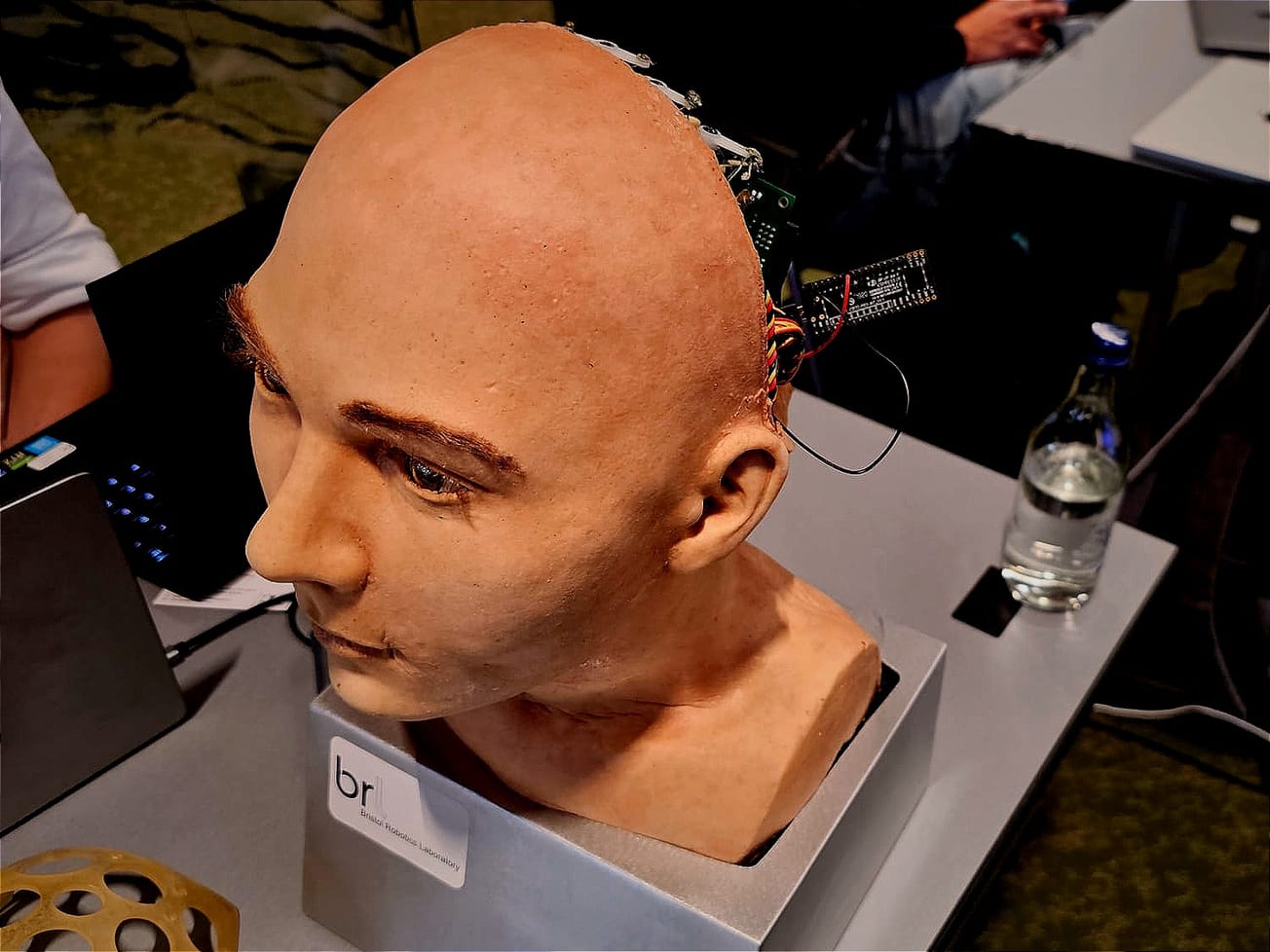A U.N. committee easily passed a provision seeking a vote in the General Assembly later this year on how to control autonomous weapons.
The 193-nation assembly's First Committee, which handles issues related to disarmament and international security, "retained the provision" in 164-5 vote on Wednesday. Belarus, India, Mali, Niger and Russia were opposed.








